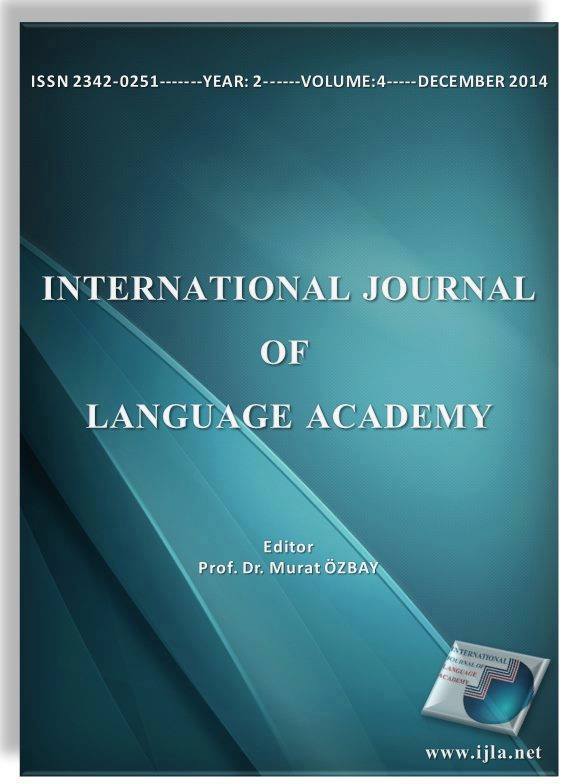Author :
Abstract
Lâle Devri, Osmanlı’da 1718 Pasarofça Antlaşması ile başlayan barış dönemine sonradan verilmiş bir ad olup, bu devirde Haliç ve Boğaziçi’ndeki saray ve konaklarda eğlenceler düzenlenmiş, Kâğıthane deresinin iki yanı Paris’teki Versailles sarayı gibi beyaz köşklerle donatılmıştır. Batı ile ilişkilerin gelişip yenilik ve reformların başladığı bu dönemde matbaa ve tulumbacı ocağı kurulup tersane ıslah edilmiş, önemli eserler Türkçeye çevrilmiştir. Bir zevk ve sefa ve eğlence devri olarak bilinen bu dönemde sarayın etkisiyle ahlâk ve âdetlerde yozlaşma olup lüks tüketim artmış, kadınların aşırı süslenmelerinin önlenmesi için ferman bile çıkarılmıştır. 1726 Osmanlı-İran savaşında yeni vergilerin konulması, İstanbul’a hızlı göç, işsizlik, esnafın sorunları, mühim görevlere sadrazam ve şeyhülislâmın yakınlarının getirilmesi gibi sebepler bu döneme olan muhalefeti artırmış ve sonunda Patrona Halil isyanıyla bu devir kapanıp lâle bahçeleriyle köşk ve eğlence yerleri yıkılmıştır. Bu dönemin zevk ve sefası ulema cenahına da yansımış ve şeyhülislâmlığı bu dönemle başlayıp bu dönemle biten Yenişehirli Abdullah Efendi bunların en dikkat çekicisi olmuştur. Bu dönemi bitiren isyanda kellesi istenenlerden olan bu zat, şair ve renkli kişiliğiyle devrin kültürel faaliyetlerine damgasını vurmuş, verdiği fetvalarla birçok meseleyi çözmüş, Behcetü’l-fetâvâ adlı kitabı Osmanlı’da en çok okunan fetva kitaplarından olmuştur. O, şair kişiliğini fetva vermede de gösterip orijinal bir şekil olan manzum fetva vermede de öne çıkmıştır. Bu makalede onun tespit edilebilen manzum bir fetvası tanıtılmaktadır.
Keywords
Abstract
Tulip period is the name which is named to the period when the peace began with 1718 Passarowitz agreement. In this era, entertainments is arranged in the palaces and mansions in the Golden Horn and the Bosphorus; both sides of creek of Kâğıthane with white pavilions are equipped as the Versailles palace. In this period, the relations developed with the West, innovations and reforms began, printing press and tulumbacı quarry are established, shipyard was treated major works have been translated into Turkish. During this period which is known as a pleasure and entertainment revolution, with the effect of palace, morals and customs are degenerated, luxury consumption increased, even women's edict for the prevention of excessive ornamentation was removed.In 1726 Iran-Ottoman war the imposition of new taxes, quick migration to Istanbul, unemployment, tradesman’s problems, place to important tasks the relatives of Mekki and the grand vizier and such reasons increased the opposition to this period and finally with the Patrona Halil revolt this period finished and tulip gardens, pavilions and entertainment venues have been destroyed. This period also had an impact on ulama and Yenişehirli Abdullah Efendi whose Sheykhulislamate began and end in this period was the most remarkable among them. This person, whose head is one of which is desired on the revolt that finished this period, has been poet and he has marked the cultural activities of this period, he solved many problems by giving fatwas. His fatwa book named Behcetü’l-fetâvâ has been one of the most read book in Ottoman. He showed his poet personality on giving fatwas and has been prominent in giving the original style in verse fatwas. In that article, his fixed in verse fatwa is introduced.
Keywords
- Atar, Fahrettin, (1995), “Fetva”, Diyanet İslâm Ansiklopedisi, İstanbul.
- Heyd, Uriel, (1995), Osmanlı’da Fetva Müessesesinin Bazı Tezahürleri, (Çev. Fethi Gedikli), Hukuk Araştırmaları Dergisi.
- Imber, Colin, (1997), Ebussuud: The Islamic Legal Interpretation, California.
- Mardin, Ebu’l-Ula, (1977), “Fetva”, İA: İstanbul.
- Mehmed SÜREYYA, (1980) Sicill-i Osmânî, 4C., İstanbul.
- Müstakimzade, Süleyman Sadeddin, (1978), Devhatü’l-Meşâyıh, yazmalar gov.tr. 06 Mil Yz A 3681/2.
- Uzunçarşılı, İ.H., (1965), Osmanlı Devletinin İlmiye Teşkilatı, Ankara: TTK, 2.bsk.





